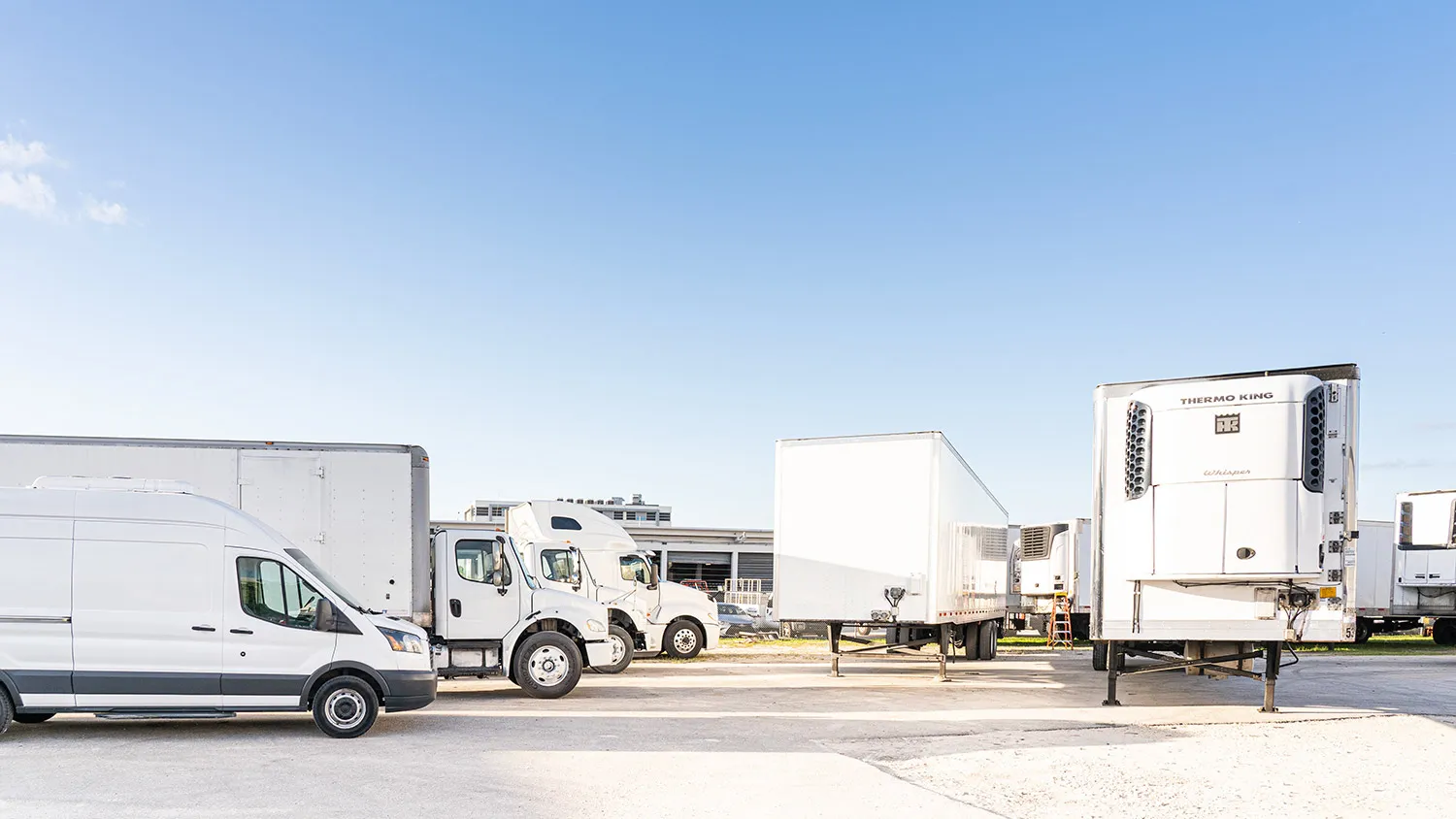
The truck driver shortage in 2021 has been widespread. It has caused significant delays in industries such as food, construction, and more. Fleet carriers in these industries have the commercial vehicle capacity but not the CDL certified drivers to move cargo. The commercial driver shortage has taken place over the last 15 years and, according to the American Trucking Associations, has resulted in nearly a 20% increase in driver turnover year over year.
There is some relief - even with driver shortages, vehicles don’t have to sit underutilized. Companies can incentivize driver retention, or help foster the next generation of drivers through CDL training programs. Additionally, the leading commercial vehicle sharing company, COOP by Ryder, can help businesses cover their transportation costs and generate revenue if their fleet is sitting idle. While they await drivers, businesses can leverage the platform to rent their assets to other trusted businesses with drivers, and get them out on the road earning again.
The truck driver shortage in America is not a new trend. It has been widespread for the last 15 years, and projections from 2019 to 2029 suggest that truck driver employment is estimated to only grow by 2%. Meanwhile, over 25% of truck drivers in the US will be 65 years or older in the next 10 years.
With the COVID pandemic, this ongoing driver shortage has become even more pronounced in 2021. Due to the pandemic’s health concerns, more aging drivers have opted for retirement and DMV driver schools temporarily closed their doors. Furthermore, carriers faced increased demand for e-commerce deliveries when retail stores were closed. Even with retail opening up again, thousands of trucks across the nation are sitting idle without drivers, but the demand for those vehicles has continued to grow in order to deliver these online orders.

Meanwhile, fleet owners have commercial vehicles sitting in the lot while the additional costs of idle fleets are building. These costs include vehicle lease payments, maintenance, and fleet parking that have made it more difficult for carriers to profit off their fleet. With fewer drivers in the employee pool, fleet owners are searching for long-lasting opportunities to keep their fleet moving.
Just how can businesses reduce the impact of the truck driver shortage in 2021? Traditionally, solving the driver shortage means paying drivers more to stay competitive. Drivers that are truckload carriers, who are willing to move trailer-size shipments over the road, are particularly in-demand. To keep drivers on their payroll, some businesses expect to increase driver pay by up to 11% a year. Another solution has been to foster the next generation of truck drivers by investing in CDL training and hiring young driving talent. However, retention is still key after new drivers are hired. This usually involves progressive pay incentives year-over-year.

There are other creative solutions. Businesses across the nation are turning to COOP to help alleviate the challenges they encounter from the truck driver shortage. With the vehicle-sharing platform, businesses can rent out idle commercial vehicles to other trusted companies on the platform, keep the wheels moving, and reduce fleet costs with the revenue generated.
With COOP, commercial vehicles listed on the platform can make $5,000 per month, which is $60,000 or more in a year! When one company joined COOP because they were short on drivers, they easily were able to generate revenue. In just a few months, they have $27,000 in revenue from the platform alone.
COOP is a great solution for the future. In the coming years skilled drivers will have plenty of options for places to work. Businesses on the leading commercial vehicle sharing platform can better handle any downtime and keep the competitive edge.
Getting started on the COOP platform is easy. List the vehicles in your fleet and you have full control of your price, pick-up methods, and availability. Then trusted businesses will request to rent your vehicles and pick them up with their own drivers. It’s simple to use and free to join. Talk to our team to start earning today.